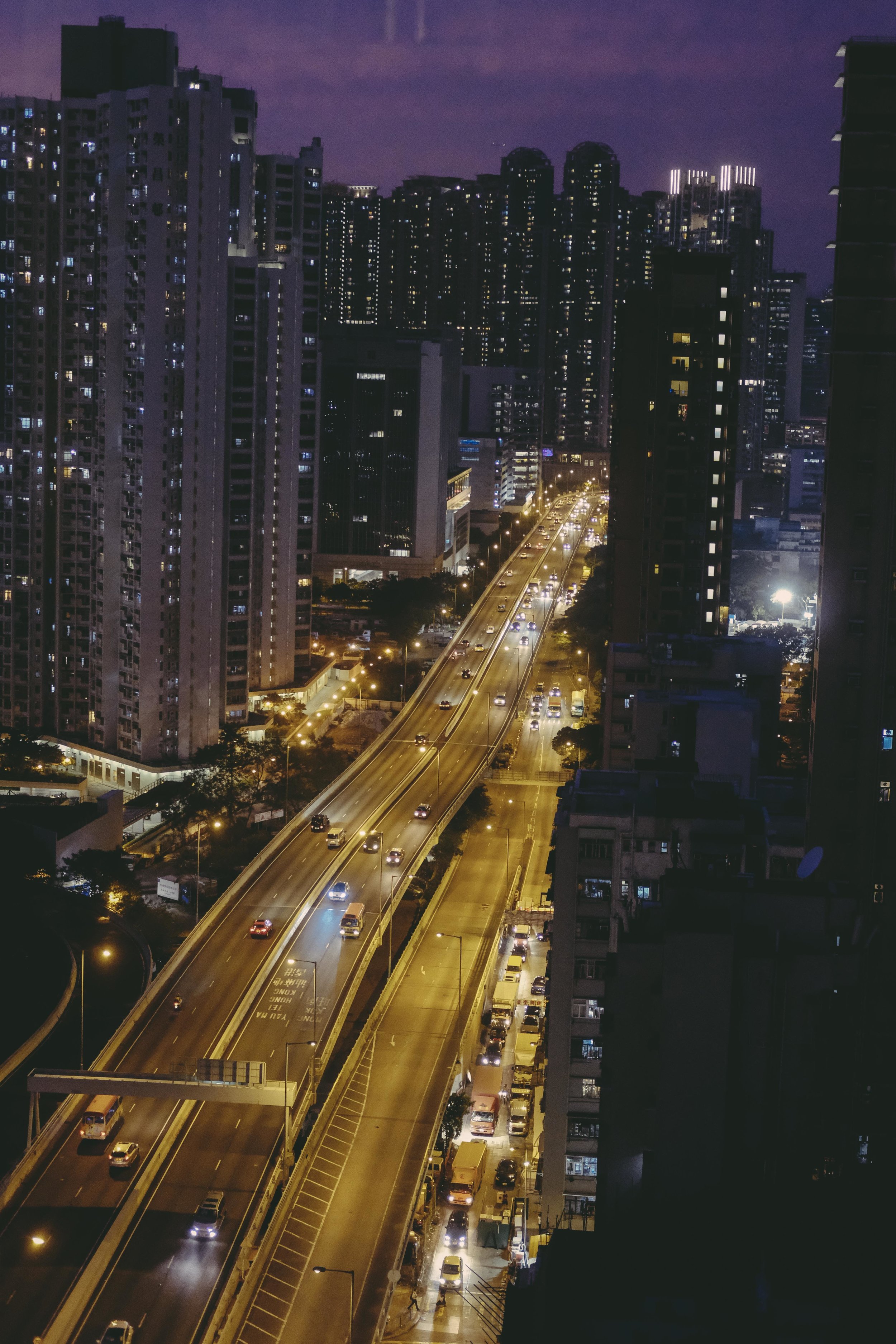Dense Cities
An Interview With Cherian George
16 October 2016, Hong Kong
Cherian George has long been a fixture in Singapore’s academic scene, frequently crossing into the realm of civil society with his incisive articles on media and freedom of speech. Previously an Associate Professor at the Wee Kim Wee School of Communication and Information, Nanyang Technological University, George relocated to Hong Kong in 2014 where he has been since. He took up an associate professorship at Hong Kong Baptist University in August 2014.
In a city-state that is known for its lack of press freedom, George is the author of several important books including Singapore: The Air-Conditioned Nation and Freedom From The Press: Journalism And State Power In Singapore.
Mackerel had the privilege of catching up with George in the busy depths of Tsim Sha Tsui and found, much to our delight, that in spite of his exit from the country, he most certainly has not left the discourse behind.
Do you feel less restricted in terms of producing social commentary now that you’re living and teaching in Hong Kong? Does distance bring a different perspective?
The physical distance makes it harder to keep touch with what’s going on in Singapore. It might be different if I had moved to a less stimulating city, but Hong Kong hooks you very quickly. So I stopped following Singapore news on a regular basis the very week I moved here. It’s hard to make time, even for larger issues.
I find out about news through what friends share on FaceBook. There are some professional areas of interest that I keep up with and these are issues related to the media and freedom of expression. But even then, I find that I need to make a conscious effort. In Singapore, you’re surrounded and you want to be involved, but it's different here.
Also, when I finished Freedom from the Press in 2012, I saw it very much as wrapping up my research on Singapore and politics. And since then, I’ve been less curious about Singapore. I will revisit Singapore intellectually in the coming years, but for now, I’m curious about many other things that have nothing to do with Singapore.
Photo credit: Thomas Tan, Occupy Central, Admiralty, 2014. CC2.0
You’ve had a close-up view of the Umbrella Revolution and its aftermath, up to the recent elections where six young people gained seats for the pro-democracy camp. How do you compare this to Singapore’s political landscape, specifically in relation to young people getting involved in politics?
I arrived when Occupy was starting two years ago, so from Hongkongers who have been here a lot longer, I gathered that Hong Kong youth in the past were not too different from Singapore’s youth, content to pursue a living. But that has changed for this generation, largely for economic reasons. This generation has had to confront the reality that it's much harder to make their way in the world because of competition from China and other forces out of their control, and also because the Hong Kong government has been very poor in providing them with affordable basics, especially housing.
The life prospects for a young Hong Kong graduate are quite dismal unless they are lucky enough to inherit a home from their parents. So this economic discomfort is at the root of the political awakening of Hong Kongers, where they realise that things are not going their way and that the system is not working for them. This forced them to ask tough questions, like how they can make their government accountable.
Photo credit: Bernard Spragg, Occupy Central, 2014, CC2.0
And then they quickly realised the truth: that the Hong Kong government does not answer to Hong Kong people; that ultimately, it answers to Beijing and to powerful vested interests in Hong Kong. When they confront that reality, quite rationally they realised that that is a system they had to change. In Hong Kong, you can’t change your government through a vote, so the only way is to force the government to become more accountable.
In comparison, young Singaporeans have not had to struggle in the same way to achieve a comfortable life. Amongst my former students, most of them are thinking of or have gotten married and are able to apply for their HDB* flat, and are already setup for family life in their 20s. They can pay off their home loan in a reasonable time. So even if they don’t find the system perfect, there really is no reason why they should take to the streets. They can push for the changes they want to see within existing political frameworks. If their MP is not working for them, they can kick out the MP. Even though Singapore’s political system is loaded and not evenly competitive, the bottom-line is that Singaporeans can get rid of non-performing political leaders in a way that you can’t in Hong Kong.
*HDB or Housing Development Board flats are public housing developments that about 80% of the Singapore population live in. There are two ways of owning such a flat: one either marries and applies for a new flat or buys one on the resale market, or one waits until one hits 35 to get one, marriage not compulsory.
What is mainstream media? How would you define ‘mainstream’?
In every society from the beginning of time, power is not distributed equally. There are concentrations of political, economic, social and cultural power. Associated with that centralised core of power, you will find media and cultural vehicles that align in some way to that core. And that is what I would call mainstream media; media ideologically tied to the centre of power, media that reflects the values of that centralised power, that is a vehicle for that power.
What do you think are the implications of people consciously avoiding mainstream media outlets?
The mainstream shrinks in any country with a vibrant Internet culture. But, mainstream media and the alternative media distinction continues to apply because your mainstream newspapers and broadcasters still have the means to conduct journalism on a large-scale organised way. Traditional media institutions have large teams of reporters who are able to cover, for example, legislative council discussions or parliament debates or a complex court case. The alternative media, while they can generate a large amount of commentary, discussion and comments, tends to be limited in its ability to report the daily news. But, alternative media is broader because you have a much wider range of voices and it also defines the news in a much broader way.
Photo Credit: Gordon Wrigley. Construction of Marina Bay Sands, Singapore. 2008. CC2.0




